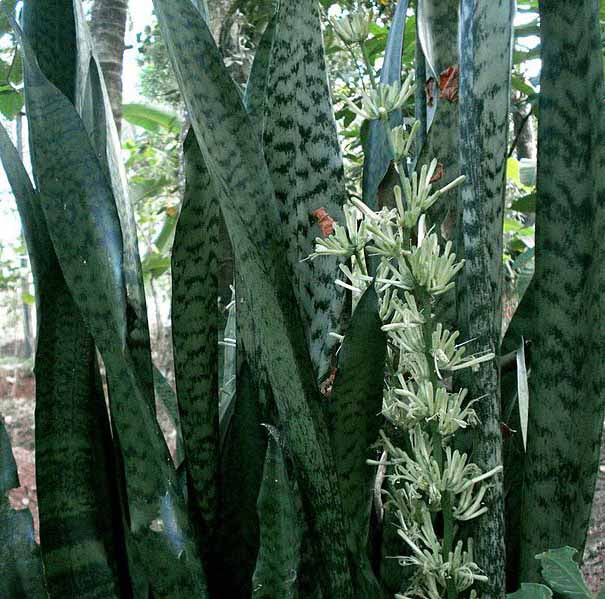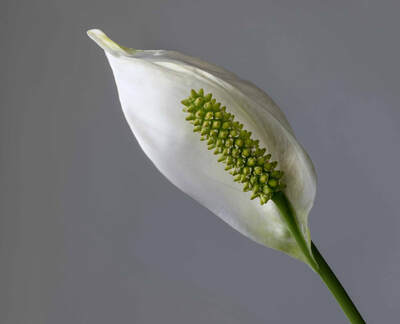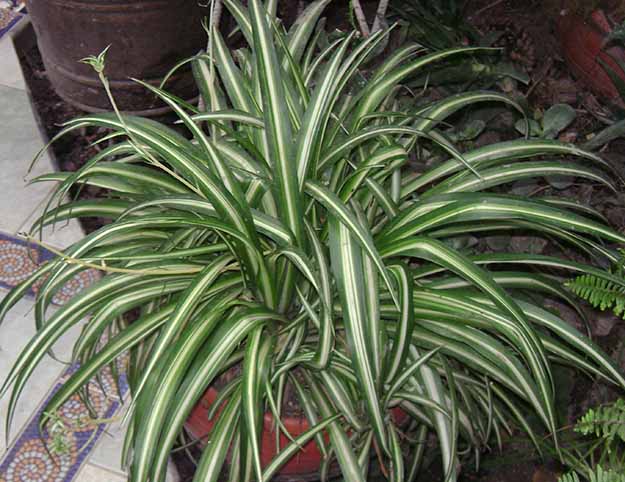House plants aren’t just décorative; they can also make our homes safer and more comfortable.
| By Anne Heath Mennell DID YOU know that NASA (yes, the space agency) has been researching air quality for decades, including how plants can improve our air quality? Plant enthusiast Monique Wilson shared this information at the Let’s Talk Plants event, organised by the West Gippsland Library Corporation, at the Grantville Transaction Centre. Monique is passionate about plants and generous in sharing her knowledge, tips and hints for being a good plant ‘parent’. |
| She reminded us that all plants are outdoor plants which have been adapted to grow indoors. Monique focused on plants, studied by NASA, which have proven benefits. Apparently, one medium plant in a 4x4 metre room can improve air quality by 25 per cent. As indoor air is more polluted than outdoors, that’s a huge benefit. The best air purifying plant, which removes all major toxins and airborne moulds, is the peace or madonna lily. Number two is mother-in-law’s tongue, which continues to release oxygen at night. Most plants only breathe during daylight so these are often helpful in sleep research. A dracaena, Janet Craig, comes in at number three and does well in bathrooms. The Boston fern and heart leaved philodendron are also excellent in bathrooms as they absorb mould spores, can live off the humidity and manage in low light. How do you know whether the light is low? If you can read in natural light, the room is well lit and shadows on the wall confirm it. Generally, light foliaged plants will be happiest in a light spot and darker foliaged plants will cope in lower light. Spider plants, cacti and English ivy have been proven to absorb electro-magnetic radiation from computers and other electronica. In your office or study these plants will improve your health and wellbeing. Plants appeal to all five senses and make people feel better generally. If you are stressed, spend some time in a garden, park, or nursery. Apparently 30 minutes a week around plants will have a beneficial impact. Hospital patients and children with ADHD have been shown to benefit from looking at or being amongst plants. |
Monique told us that plant foliage is how plants ‘talk’ to us about their problems. Browning leaves can be caused by under or over watering, using strongly chlorinated water or even sunburn. As a pot plant parent, you need to ensure your potting mix meets Australian standards, (with red ticks) and to be prepared to pay $10-12. Anything less and the mix will be inadequate in some way and you will lose your plants.
Finally, Monique explained that Seasol is not a fertiliser. She suggested thinking of it like a flu shot or probiotic for plants. It gives them a boost and makes them healthier so they can take full advantage of your fertiliser. And remember – native potting mix for native plants.
This report was first published in The Waterline News.
Finally, Monique explained that Seasol is not a fertiliser. She suggested thinking of it like a flu shot or probiotic for plants. It gives them a boost and makes them healthier so they can take full advantage of your fertiliser. And remember – native potting mix for native plants.
This report was first published in The Waterline News.



